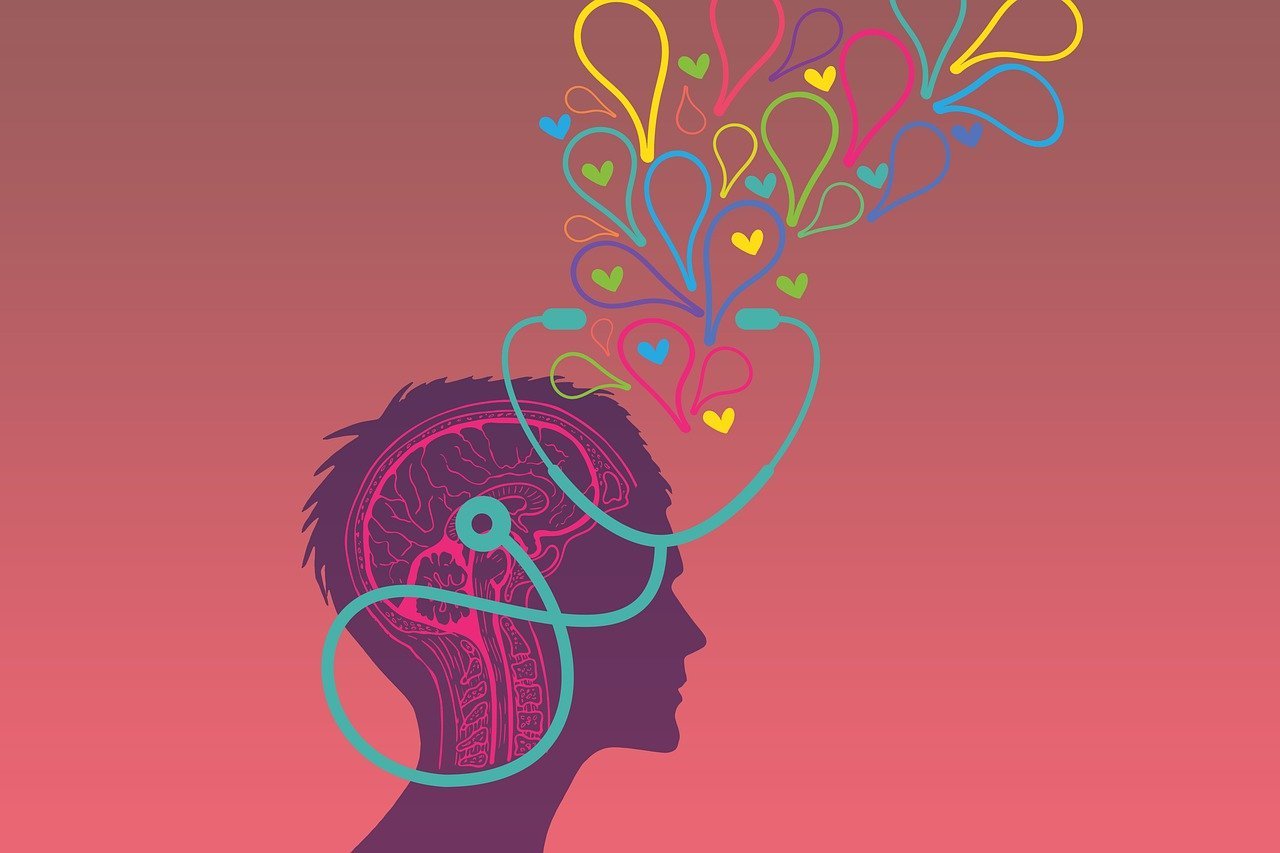Cognitive Behavioral Therapy (CBT) is a widely used and evidence-based approach in psychology. Using four core principles, it has been shown to be effective for various problems, including depression, anxiety disorders, alcohol and drug use issues, marital problems, eating disorders, and severe mental illness. In this article, we will explore the various aspects of Cognitive Behavioral Therapy (CBT).
Core Principles of CBT
Faulty Thinking Patterns: Psychological problems often stem from unhelpful ways of thinking. CBT helps individuals recognize and reevaluate these distortions in thinking based on reality.
Unhelpful Behavior Patterns: Learned patterns of unhelpful behavior contribute to psychological problems. CBT assists in developing better coping strategies to relieve symptoms and enhance effectiveness in daily life.
Self-Help Approach: CBT emphasizes empowering individuals to be their own therapists. Through exercises during sessions and homework outside of sessions, patients learn to change their thinking, emotions, and behavior.
Current Life Focus: Unlike some other therapies, CBT primarily focuses on the present and future, aiming to develop effective coping mechanisms for current life challenges.
CBT is Effective for a Range of Problems
Depression: By challenging negative thought patterns and promoting positive behaviors.
Anxiety Disorders: Addressing irrational fears and excessive worry.
Substance Use Issues: Helping individuals manage cravings and develop healthier coping strategies.
Marital Problems: Enhancing communication and problem-solving skills.
Eating Disorders: Focusing on distorted body image and unhealthy eating behaviors.
Severe Mental Illness: As an adjunct to medication, CBT can improve coping skills and reduce symptoms.
Other Aspects of CBT
Collaborative Approach: CBT involves a partnership between the therapist and the individual seeking help. Together, they identify problematic thoughts, emotions, and behaviors.
Thought Restructuring: CBT challenges distorted or irrational thoughts. Individuals learn to recognize cognitive distortions (such as catastrophizing or all-or-nothing thinking) and replace them with more balanced, realistic thoughts.
Homework Assignments: Between sessions, individuals practice new skills and apply CBT principles in their daily lives. This reinforces learning and helps generalize skills beyond therapy.
Time-Limited: CBT is typically short-term (often 12-20 sessions). Its structured nature allows for focused work on specific issues.
CBT has been shown to be as effective as, or even more effective than, other forms of psychological therapy or psychiatric medications. If you are interested in receiving CBT services, please contact Therapy Matters and we can connect you to a CBT therapist today!



